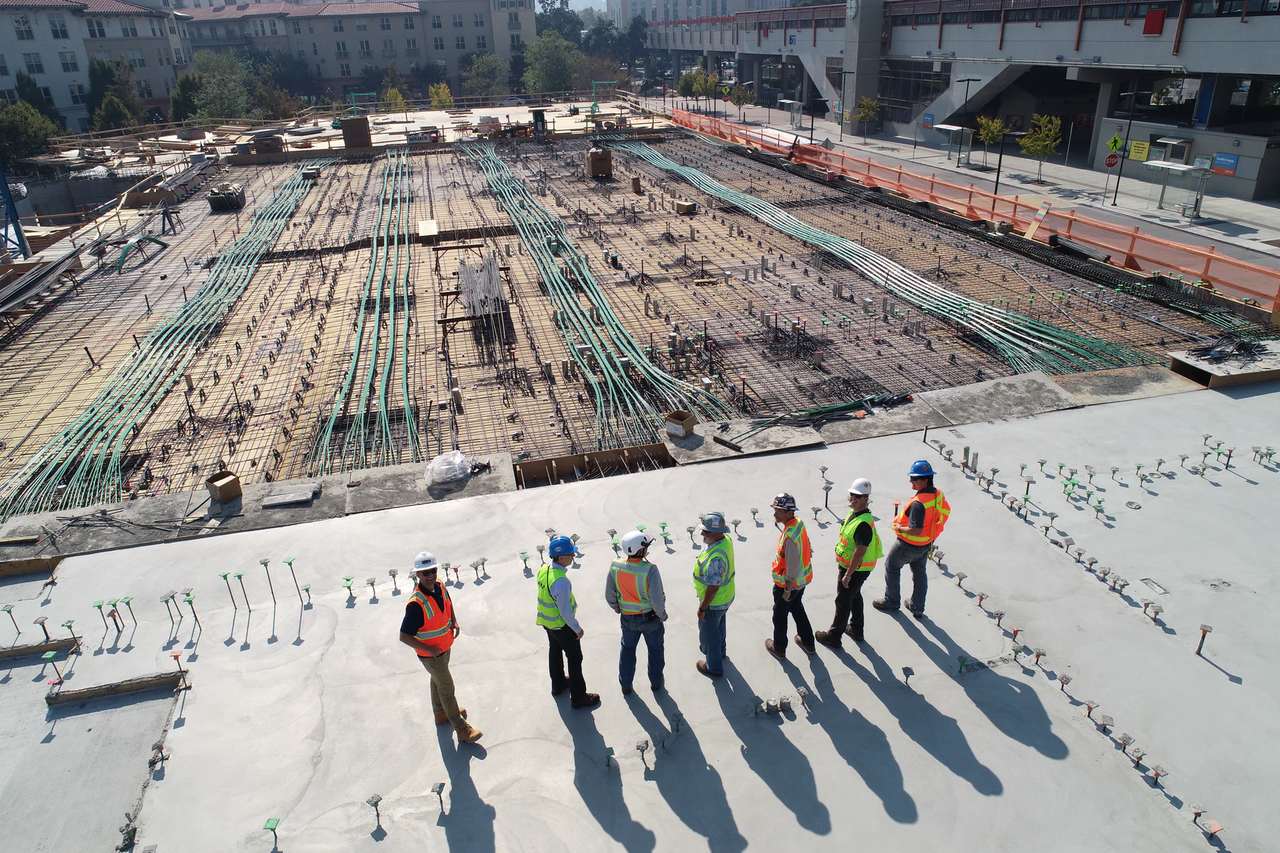One of the ways in which the success of a business can be measured is its ability to make a profit. Even if a business has high sales, and a high income it can still be unprofitable if the revenue isn’t much higher than all of the expenses of the business. This is often the case with construction businesses. Many of them have clients and projects, and yet still struggle to stay profitable. Construction projects are complex and, if there are profitability issues, it can be impossible for businesses to break even, and even more complicated to grow their business. The only way to survive this is to find ways to maintain healthy margins and improve your construction business’ profitability.
Don’t Compromise on Quality for More Projects
One common mistake amongst construction businesses is the tendency to lower their prices to stay competitive. This is understandable because the most conventional way to get a job is to bid. And, considering the way bids work and how contracts are awarded, anyone may find themselves tempted to try to be the lowest bidder. There are, however, numerous reasons why this is a bad idea. To offer lower prices and make a profit, you would have to cut corners, and, consequently, do a substandard job. Moreover, even though you may increase your chances to get the job, there are likely to be unforeseen setbacks that may cost you even more financial losses. This strategy doesn’t benefit the contractor or the client. A better solution is to always submit winning bid proposals and focus on getting only quality projects that will allow you to put your skills to use. Remember it’s better to have fewer jobs with higher margins than a lot of jobs that may end up hurting your business. Monitoring real-time project progress and keeping track of your employee working hours are necessary if you aim to run more profitable projects. Consider using a construction timesheet with high-accuracy GPS to record billable hours, driving time, and mileage. Such insightful data will help you distribute workload effectively and improve the planning of workflow and processes.
To make sure that you do your best at outlining what you can offer to your clients every time, you can use a bid proposal template. Your bid should underline your unique selling point, and contain sections featuring everything from your information, the purpose of the proposal, the services you would provide, the pricing information, etc.
Avoid Losing Money by Minimize Errors
One of the biggest unnecessary expenses for any construction business is repeating the same work to correct errors. Not only does this cost a lot of time, but it may also affect the profit from the project. On top of that, if this happens a lot, it will have a negative effect on your reputation. In other words, construction errors can have an impact not only on the profit of the project in question but also on your future projects. Many things are crucial when it comes to avoiding mistakes. The progress of any project should rely on continuous check-ups, open communication between the teams, and good workflow management. However, it also depends on things such as being a good employer, hiring good workers, and avoiding high turnover by keeping them satisfied with their jobs, encouraging productivity, and so on.

Avoid Payment Issues
Getting paid late or even not at all is a common problem in the construction industry. And what can be more hurtful to your profit margins than that? To avoid this, first, you need to understand the most common reasons why it happens so often. Payment problems may arise due to the hierarchical payment structure of the multiple contracts on a single construction project. Furthermore, as construction projects last a long time, an economic crisis can have a huge impact on the construction industry. Another reason for payment issues can be dissatisfaction, due to various reasons such as changes from the original plan, delays, errors, etc. Not getting paid on time means interrupted cash flow, which may prompt contractors to take loans, affect other projects, etc. This is why construction businesses need to know which tools they have at their disposal to get paid on time. For one, you should understand the laws that support your right to get paid, such as the public construction law, prompt payment laws, or contract laws. There are many steps you can take to protect your profit by ensuring that you will ensure that you get paid in time for your construction projects. These include establishing a credit policy, researching your client and any past payment issues, as well as any other involved party, sending invoice reminders and preliminary notice in case of payment delays, and so on.
In a Nutshell
Working in construction comes with endless challenges. Regardless of the type of construction business you run, your projects will take time and a lot of hard work, and yet, making a profit can be one of the biggest issues. Following these guidelines should help you improve your construction business’ profitability.